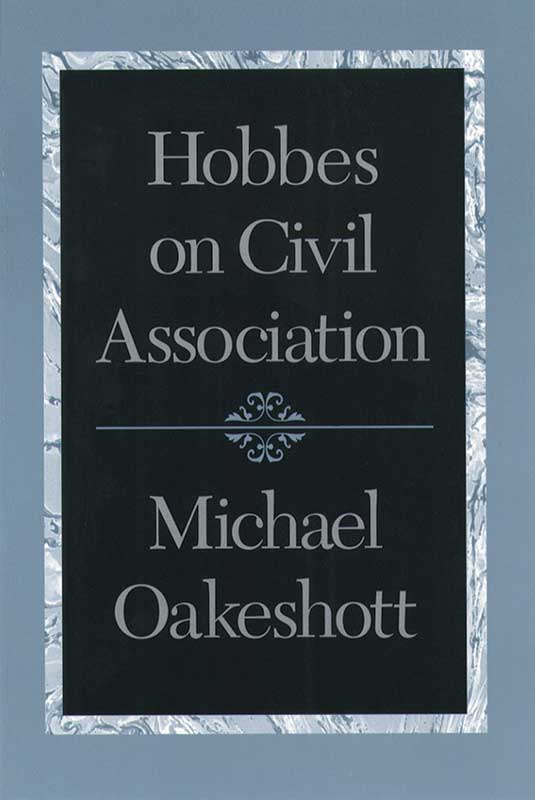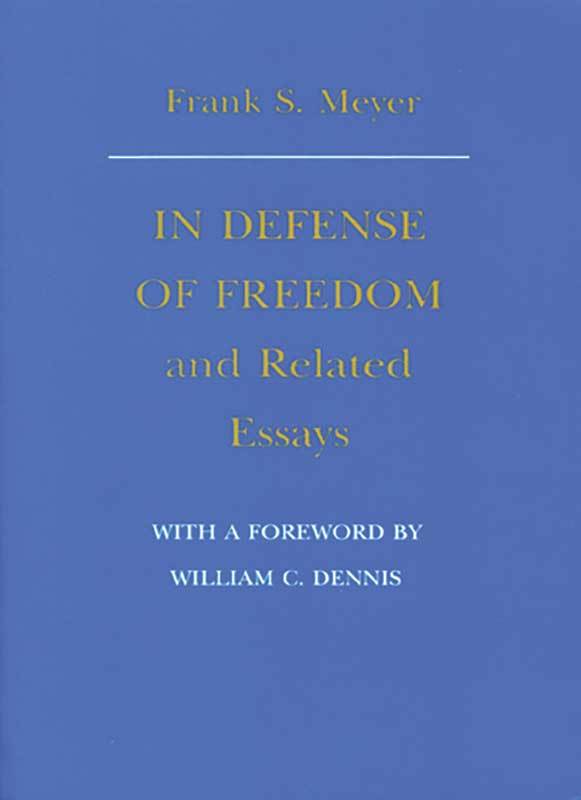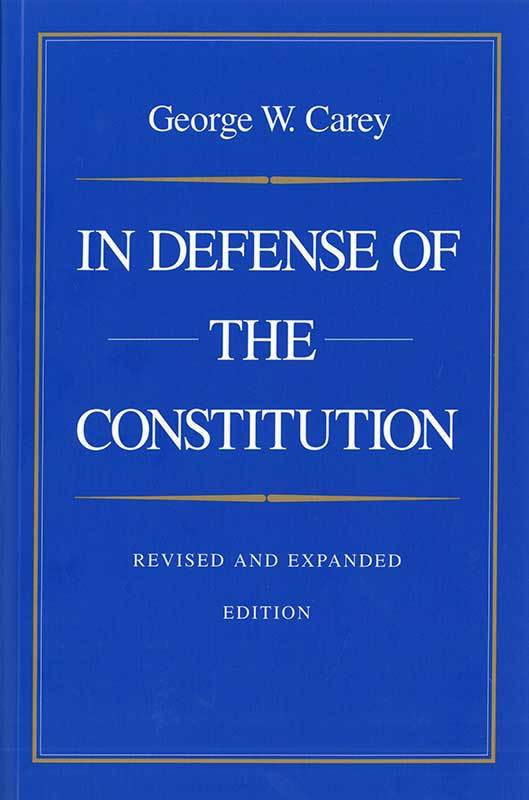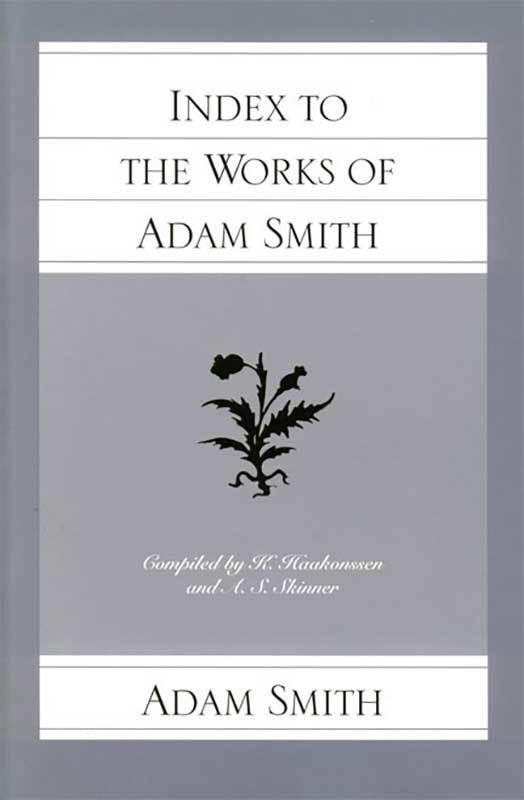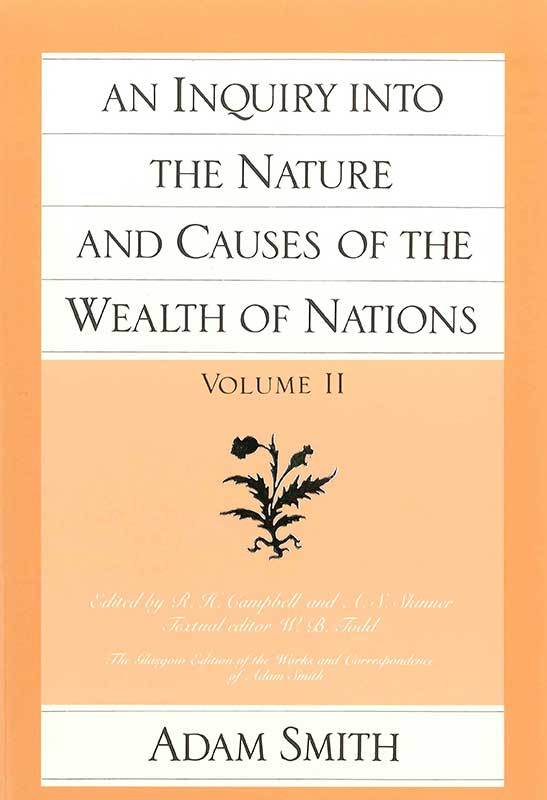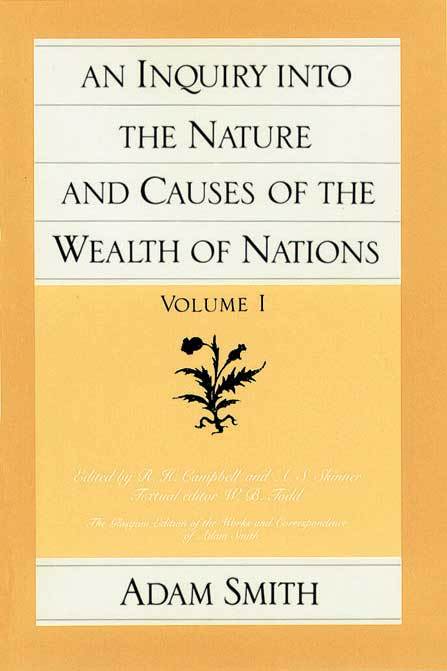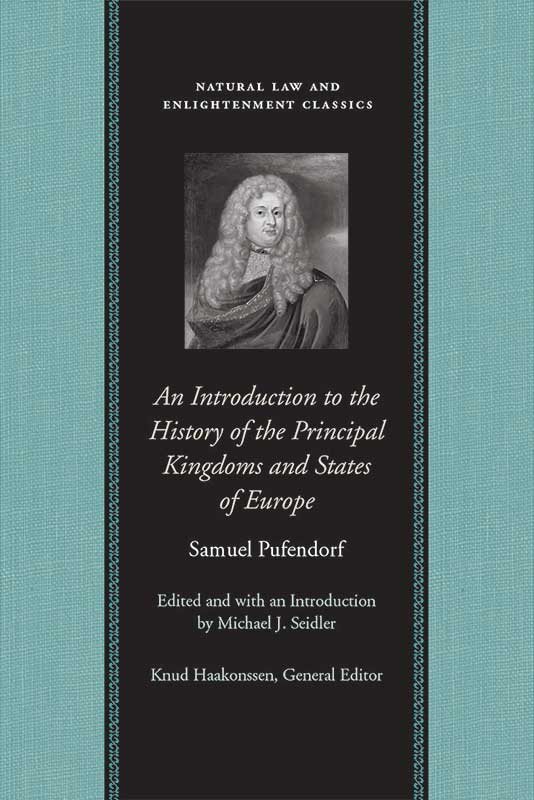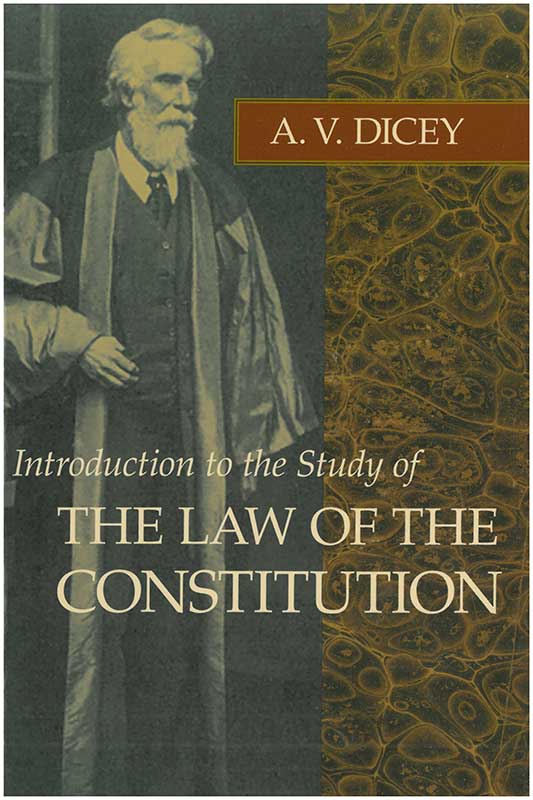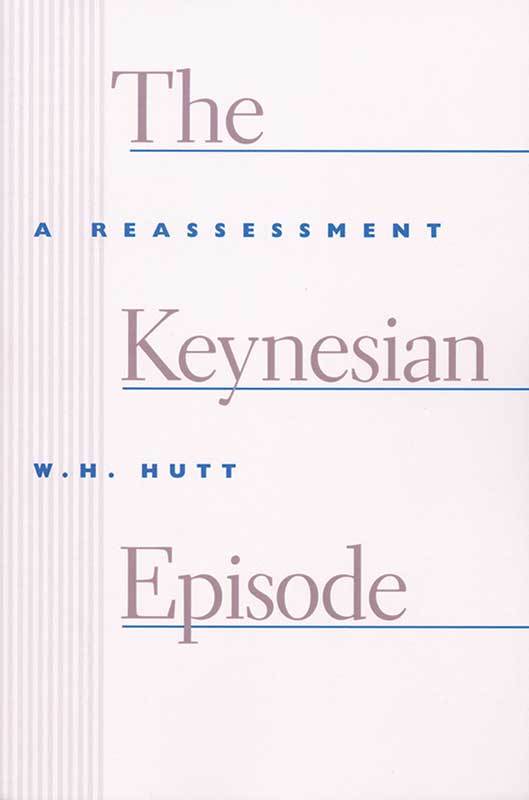For Students
-
History of the Rise, Progress, and Termination of the American Revolution
by Mercy Otis Warren
/ Learn MoreMercy Otis Warren has been described as perhaps the most formidable female intellectual in eighteenth-century America. This work (in the first new edition since 1805) is an exciting and comprehensive study of the events of the American Revolution, from the Stamp Act Crisis of 1765 through the ratification of the Constitution in 1788–1789. Steeped in the classical, republican tradition, Warren…
-
Hobbes on Civil Association
by Michael Oakeshott
/ Learn MoreOf Michael Oakeshott and his interest in Thomas Hobbes, Professor Paul Franco has written, “The themes Oakeshott stresses in his interpretation of Hobbes are . . . skepticism about the role of reason in politics, allegiance to the morality of individuality as opposed to any sort of collectivism, and the principle of a noninstrumental, nonpurposive mode of political association, namely,…
-
In Defense of Freedom and Related Essays
by Frank S. Meyer
/ Learn MoreWhen it first appeared in 1962, In Defense of Freedom was hailed by Richard M. Weaver as “a brilliant defense of the primacy of the person” and an effective “indictment of statism and bureaucratism.” Meyer examines the tension between the freedom of the person and the power of social institutions. In his view, both the dominant Liberalism and the “New…
-
In Defense of the Constitution
by George W. Carey
/ Learn MoreIn Defense of the Constitution argues that modern disciples of Progressivism who subtly distort fundamental principles of the Constitution are determined to centralize political control in Washington, D.C., to achieve their goal of an egalitarian national society. It is in their distrust of self-government and representative institutions that Progressivists advocate, albeit indirectly, an elitist regime based on the power of…
-
In Pursuit: Of Happiness and Good Government
by Charles Murray
/ Learn MoreRespected author, scholar, and columnist Charles Murray has long challenged accepted notions of public and social policy issues. In this volume, originally published in 1988, Murray presents a persuasive and practical argument that reconsiders commonly held beliefs of what constitutes success in social policy by examining the scope of government and its role in people’s pursuit of happiness. In Pursuit:…
-
Index to the Works of Adam Smith
by Knud Haakonssen
/ Learn MoreThis comprehensive Index to the Works of Adam Smith gives students and researchers in all fields a single, unified source for locating Adam Smith’s many contributions to such diverse fields as economics, morality, philosophy, and law. The easy-to-use index helps students, readers, and researchers trace their topics of interest through all of Adam Smith’s work. The index covers The Wealth…
-
An Inquiry into the Nature and Causes of the Wealth of Nations (vol. 2)
by Adam Smith
/ Learn MoreFirst published in 1776, the year in which the American Revolution officially began, Smith’s Wealth of Nations sparked a revolution of its own. In it Smith analyzes the major elements of political economy, from market pricing and the division of labor to monetary, tax, trade, and other government policies that affect economic behavior. Throughout he offers seminal arguments for free…
-
An Inquiry into the Nature and Causes of the Wealth of Nations (vol. 1)
by Adam Smith
/ Learn MoreFirst published in 1776, the year in which the American Revolution officially began, Smith’s Wealth of Nations sparked a revolution of its own. In it Smith analyzes the major elements of political economy, from market pricing and the division of labor to monetary, tax, trade, and other government policies that affect economic behavior. Throughout he offers seminal arguments for free…
-
An Introduction to the History of the Principal Kingdoms and States of Europe
by Samuel Pufendorf
/ Learn MoreSamuel Pufendorf was a pivotal figure in the early German Enlightenment. His version of voluntarist natural law theory had a major influence both on the European continent and elsewhere in the English-speaking world, particularly Scotland and America. Pufendorf’s An Introduction to the History of the Principal Kingdoms and States of Europe (1682) became one of his most famous and widely…
-
Introduction to the Study of the Law of the Constitution
by A. V. Dicey
/ Learn MoreThe Law of the Constitution elucidates the guiding principles of the modern constitution of England: the legislative sovereignty of Parliament, the rule of law, and the binding force of unwritten conventions. A. V. Dicey (1835–1922) was an English jurist, Vinerian Professor of English Law at Oxford University, and author of, among other works, The Law of the Constitution.
-
John Randolph of Roanoke
by Russell Kirk
/ Learn MoreJohn Randolph of Roanoke is unique in American political history. For most of his public career Randolph was a leader of the opposition—to both Jeffersonians and Federalists. Only twenty-six when first elected to Congress in 1799, he readily became the most forceful figure at the Capitol. He was, writes Russell Kirk, “devoted to state rights, the agricultural interest, economy in…
-
The Keynesian Episode
by W. H. Hutt
/ Learn MoreThe late W. H. Hutt was a preeminent and persistent critic of the economic theories of John Maynard Keynes. In The Keynesian Episode, he presents a comprehensive review of Keynes’s General Theory, including the finest critique to date of the Acceleration Principle. He questions the very legitimacy of Keynes’s fundamental epistemology. In Hutt’s discussion of economics there is a refreshing…
Promotions
Stayed tuned for future promotions!


